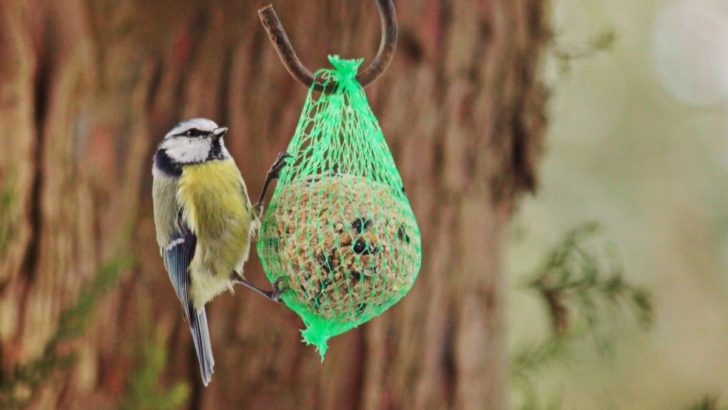Green Fingers
As winter slowly releases its grip on the garden, our list of jobs to be done expands. As ground conditions are wet, stay off grass as much as possible. Clear all paths, patios, decking and steps of algae and moss to prevent slips and accidents. Use a deck scrub or powerhose if it is a big job.
Cut all the old leaves of epimediums and hellebores right down to ground level. On epimediums this is done to encourage new leaf growth, which will in turn provide dramatic autumn colour. With hellebores it’s because the new flower stems are beginning to push up and it gives them more light. Don’t compost hellebores leaves with blackspot – bin them.
Wisteria must be pruned twice a year, once in mid-summer and now. Go over the whole plant cutting all side shoots back to two buds. The buds ae not swelling yet, so are less likely to be damaged. Cut back Virginia creepers and ivies where they have invaded gutters, under roof tiles and around doors or windows. Shorten the main stems of all overly tall climbers such as hydrangea petiobris.
Shoots
Prune standard apple and pear trees by cutting out damaged, diseased or dying shoots, or any which are crossing another or are growing back into the middle of the tree. The finished tree should be wine glass-shaped, with all the shoots having their own share of sunlight, with good air circulation.
If you have soft fruit bushes that are old and unproductive, rejuvenate them by pruning now. Pick two or three of the oldest branches, which will be the thickest and least productive. Cut them as close to the base of the plant as possible. Repeat every year and soon you will have a bush full of vigorous young growth and in full fruit production again. Don’t be tempted to cut all in one go, this will only result in masses of soft sappy shoots that will not fruit for years. The exception is autumn fruiting raspberries. These you cut now and every year to about 2cm or 3cm above ground level. As with all fruiting bushes, mulch them with a good thick layer of homemade garden compost.
Hang fat balls to feed blue tits close to any plants that are prone to aphid infestations. As the birds are waiting for their turn to feast they will pick off any pests that are over-wintering on the plants.
To make fat balls, mix some seeds (e.g. sunflower), with dried fruit (e.g. sultanas) and porridge flakes. Put them in an empty plastic pot or container and pour in melted lard. Leave until they are hard, then cut off the plastic and hang in an empty onion or orange net.
Put up bird boxes now to encourage nesting in your garden.


 Paul Gargan
Paul Gargan
